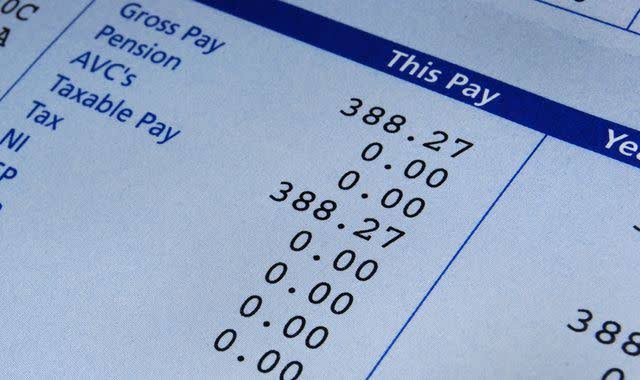
The newly unveiled Sh4.2 trillion national budget has sparked concern across Kenya’s business sector, as proposed tax adjustments threaten to impact job creation, consumer spending, and investor confidence.
Among the most debated provisions in the 2025/26 financial plan is the reconfiguration of Value Added Tax (VAT), excise duty hikes, and the proposed introduction of new levies on digital transactions and essential commodities. Industry leaders say these changes could lead to a ripple effect of job losses, slowed business expansion, and a higher cost of living.
The Kenya Association of Manufacturers (KAM) has warned that increased production costs will force companies to scale back hiring or shift operations to more tax-friendly countries. “If these taxes take effect without careful review, we’re looking at serious repercussions on industrial output and employment,” said a KAM spokesperson.
Startups and SMEs, which form the backbone of the economy, are also bracing for tighter margins. New digital service taxes are expected to cut into profits for e-commerce platforms, ride-hailing services, and freelancers operating online. Entrepreneurs argue that the tax regime may discourage innovation and slow down Kenya’s emerging tech sector.
On the investment front, analysts note that uncertainty around fiscal policy may make foreign investors hesitant. “Sudden or steep tax increases often send the wrong signal to international investors. Kenya risks losing out to regional peers offering more predictable environments,” said an economist from a Nairobi-based think tank.
In contrast, the government maintains that the budget reforms are necessary to boost revenue, reduce the fiscal deficit, and fund key projects in infrastructure, health, and education. The National Treasury insists that tax measures were designed with equity in mind, targeting high-consumption and luxury items.
Still, the public reaction has been mixed. Workers’ unions have threatened mass protests over the potential erosion of purchasing power, while consumer groups say the tax burden will hit ordinary Kenyans the hardest.
As Parliament debates the budget proposals, pressure is mounting on policymakers to reconsider or restructure the tax measures to safeguard jobs, protect low-income households, and sustain business confidence.

